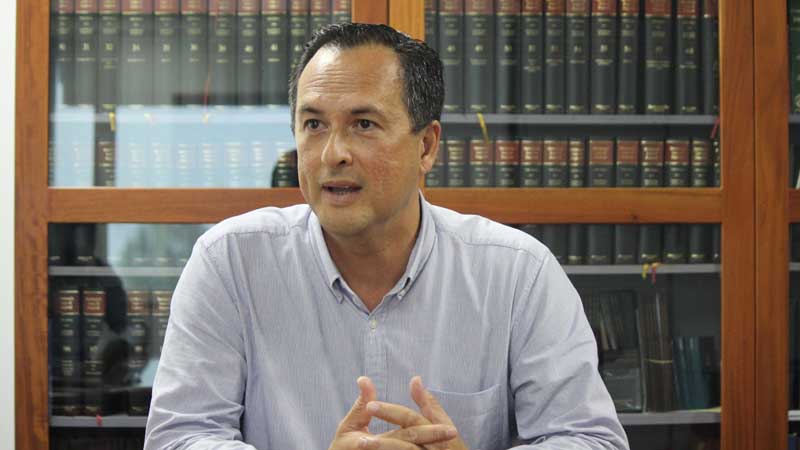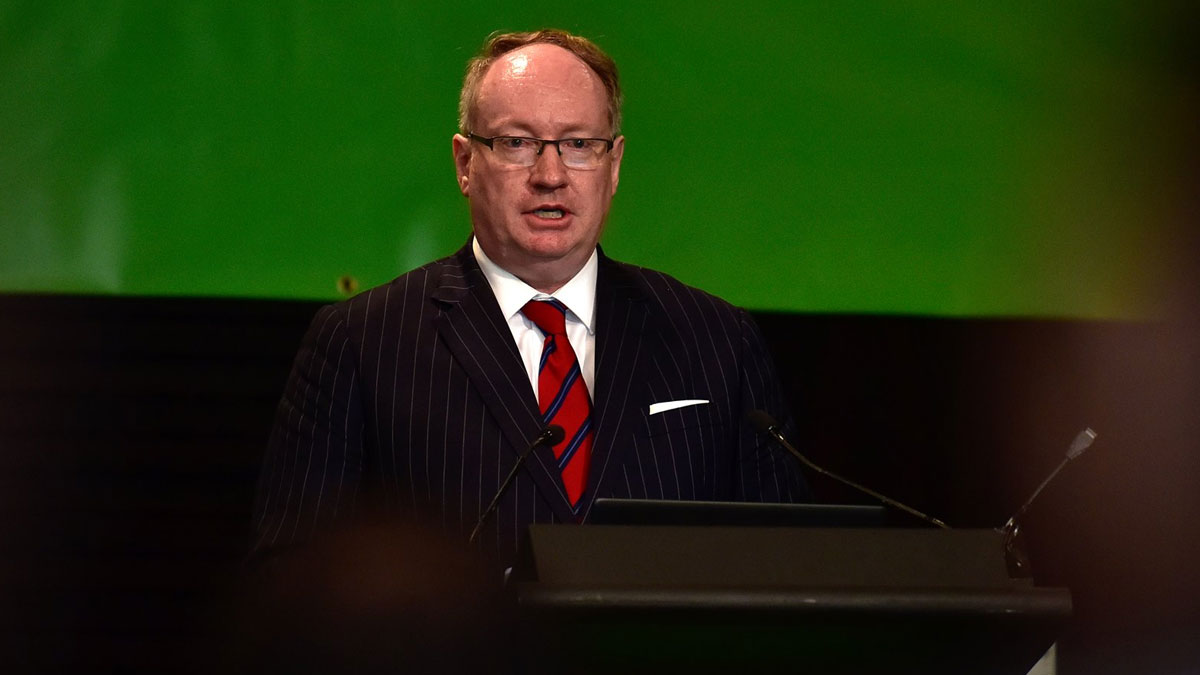
The Fiji Law Society is seriously concerned about Sharvada Sharma’s dismissal as Solicitor General in breach of the clear requirements of the 2013 Constitution and the Judicial Services Commission’s explicit confirmation that a tribunal would be appointed to investigate the allegations of misbehaviour made against him.
Law Society President, Wylie Clarke says the termination of Sharma’s appointment without due process being afforded to him is a grave assault on the rule of law and threatens the independence of critical constitutional offices.
Clarke says they are also concerned that the removal may be unlawful.
The Law Society President says the office of Solicitor General, like that of judges and magistrates and the Director of Public Prosecutions, is protected under the Constitution.
Clarke says this protection is essential to maintain the independence of those offices, free of political and other interference and also means that there is a very strict and clear process by which such a removal can be done.
He says the Constitution states that the Solicitor General can only be removed for very limited and serious reasons on the advice of a tribunal appointed by the President: (i) an inability to perform the functions of the office due, for example, to serious illness; or (ii) misbehaviour.
Clarke says the Solicitor General cannot be removed in any other way.
He says the tribunal is made up of current and former judges to ensure impartiality and independence and is charged with enquiring into the allegations.
The Law Society President adds that enquiry would involve obtaining statements from the complainant and witnesses, gathering evidence and, most importantly, affording Sharvada Sharma the right to respond and answer the allegation(s).
Clarke says at the conclusion of that enquiry, the tribunal would furnish the President with a report and provide its advice on whether Sharma should be removed or not.
He says the Judicial Services Commission has no power to render such advice.
Clarke says as far as they are aware, no such tribunal was appointed, no such enquiry conducted and no such advice tendered to the President.
He says an allegation of misbehaviour is very serious because it involves matters such as corruption, unlawful acts and abuse of office.
The Law Society President says misbehaviour does not include decisions, opinions or acts that are unpopular or not liked (or agreed to) by others.
He says the gravity of such an allegation against the holder of a constitutional office demands transparency and accountability, and the community has a right to know.
Clarke says it is for this reason that the Constitution requires that any report prepared by the tribunal must be made public.
He says the rule of law has been severely undermined by the manner in which Sharma has been removed because it sets a very dangerous precedent that could be used just as easily against judges and the Director of Public Prosecutions.
Stay tuned for the latest news on our radio stations


